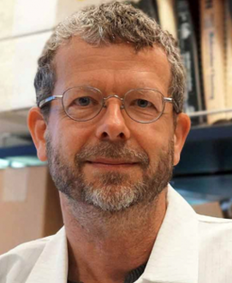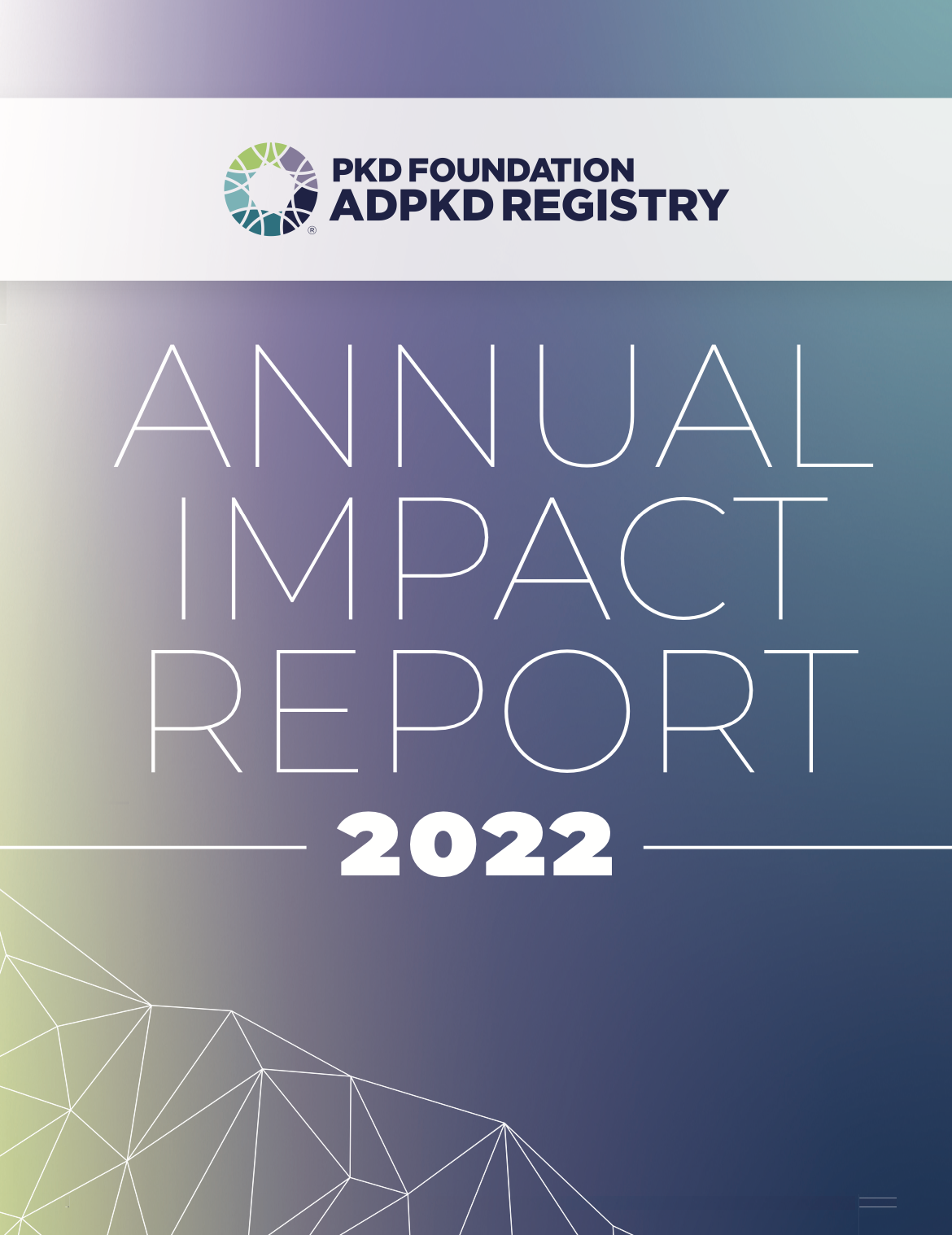Important: Any changes to your current diet, including adding supplements to your diet, should be discussed with your health care team.
Dr. Thomas Weimbs, University of California Santa Barbara (UCSB), and his research team have discovered that diets that induce ketosis in mouse, rat and cat models slowed or reversed the growth of polycystic kidneys. Could this research be the key to slowing down the progression of PKD in humans? Join us as Thomas Weimbs, Ph.D. discusses his research. Neera Dahl, M.D., Ph.D., Yale University School of Medicine, will also join us to provide a physician’s perspective on this new research. She will review the current consensus for best dietary approaches in ADPKD, and discuss the new findings in the context of best dietary strategies for patients.

Thomas Weimbs, Ph.D.
Professor | University of California, Santa Barbara
Thomas Weimbs is a professor at the University of California in Santa Barbara (UCSB) where he directs a research laboratory focused on polycystic kidney disease (PKD). He received his doctoral degree from the University of Cologne, Germany, and then conducted postdoctoral research at the University of California in San Francisco. In 1999, he started his first independent research laboratory at the Lerner Research Institute of the Cleveland Clinic as an assistant professor. There, he started to research PKD after he was approached by a local family affected by PKD who financially supported PKD research in his newly-founded laboratory. Their family foundation still supports PKD research in Dr. Weimbs’ lab today. In 2005, Dr. Weimbs moved his laboratory back to California to join the Department of Molecular, Cellular, and Developmental Biology at UCSB. His laboratory studies molecular mechanisms underlying PKD with an emphasis towards developing new therapies. Research from Dr. Weimbs’ lab has led to a better understanding of PKD and led to novel methods to deliver therapeutics specifically to polycystic kidneys. Some of the most recent research has led to the discovery that dietary interventions and commonly available, and safe, dietary supplements can prevent cyst growth in animal models of PKD. Research in Dr. Weimbs’ laboratory has been funded by grants from federal agencies, including the National Institutes of Health and the Department of Defense, by private foundations, including the Lillian Goldman Charitable Trust, the Amy P. Goldman Foundation and the Jarrett Family Fund, as well as several biotech companies. For more information on research in the Weimbs lab, see the website.
In his free time (what free time?), Thomas enjoys playing the saxophone in his jazz band (no, you wouldn’t have heard of them…).
 Neera Dahl, M.D., Ph.D.
Neera Dahl, M.D., Ph.D.
Associate Professor | Yale University, School of Medicine, Section of Nephrology
Dr. Neera Dahl is currently a clinician-educator and an Associate Professor at Yale University, School of Medicine, Section of Nephrology. She completed an MD and PhD from Tufts University School of Medicine, and then residency and fellowship at the Beth Israel Deaconess Medical Center, in Boston, MA. She has been instrumental in developing the Yale Inherited Kidney disease clinical program and is the principal investigator for several ongoing clinical trials in ADPKD. She is the director of the Yale Nephrology Clinical Trials Program. Dr. Dahl is a member of the Scientific Advisory Board for the Polycystic Kidney Disease Foundation.
Don’t miss out!
Our next webinar is about PKD in children.
When: January 21, 2020 | 7 p.m. CT
Topic: Understanding liver manifestations of PKD in children
Speaker: Ryan Fischer, M.D. | Pediatric Transplant Hepatologist | Children’s Mercy Hospital



